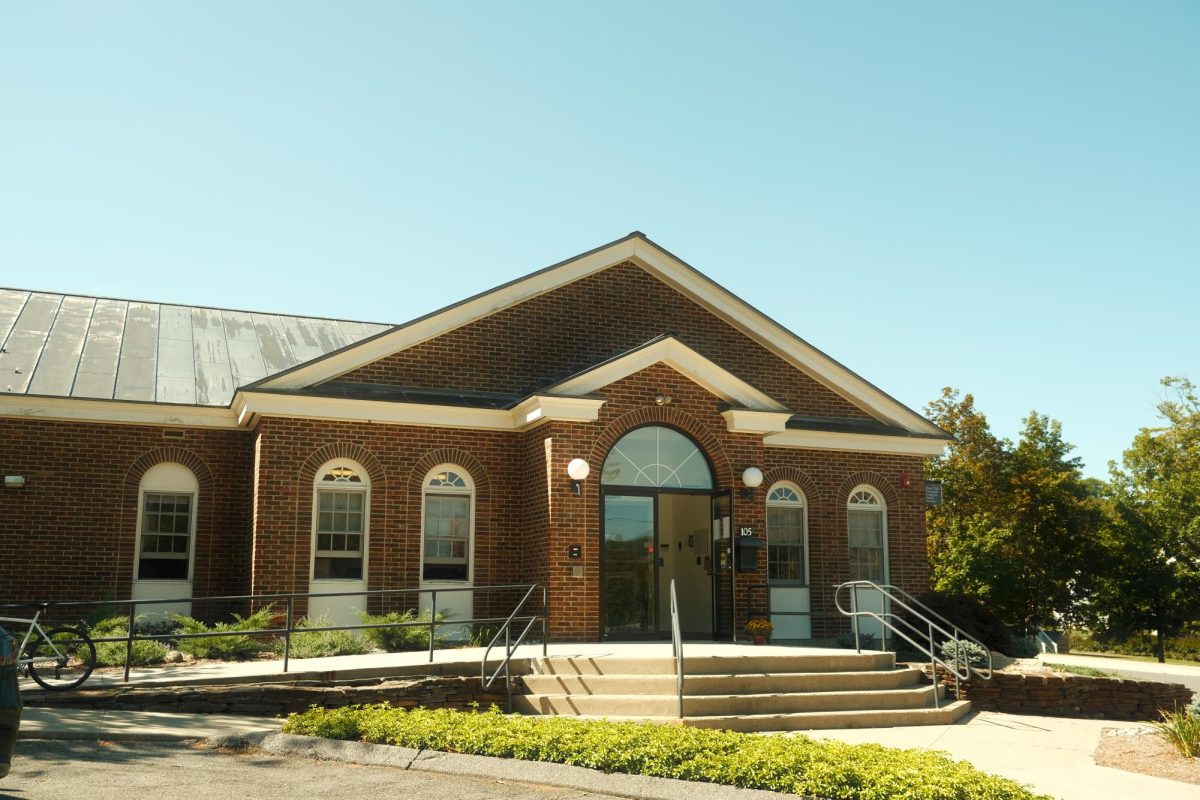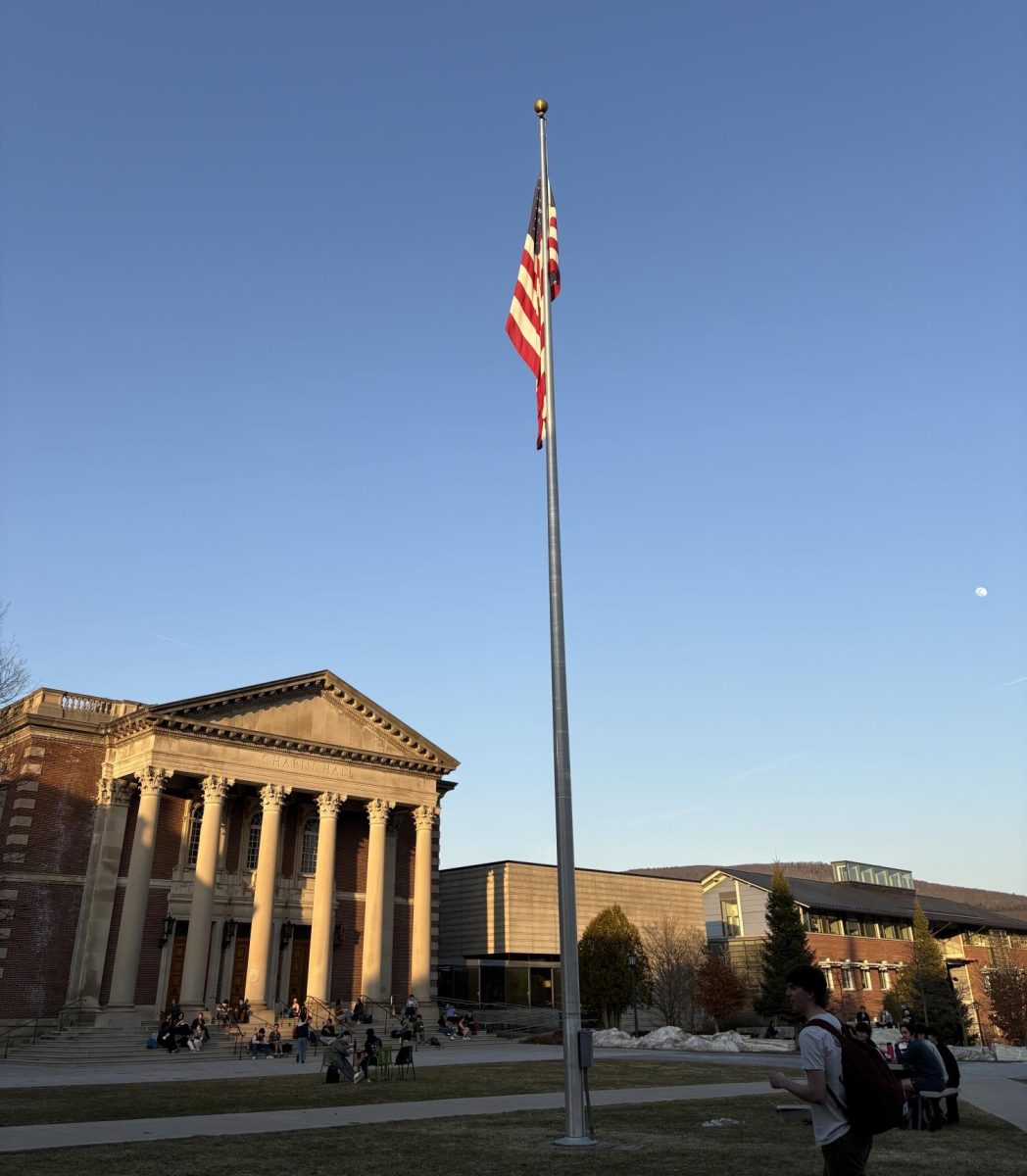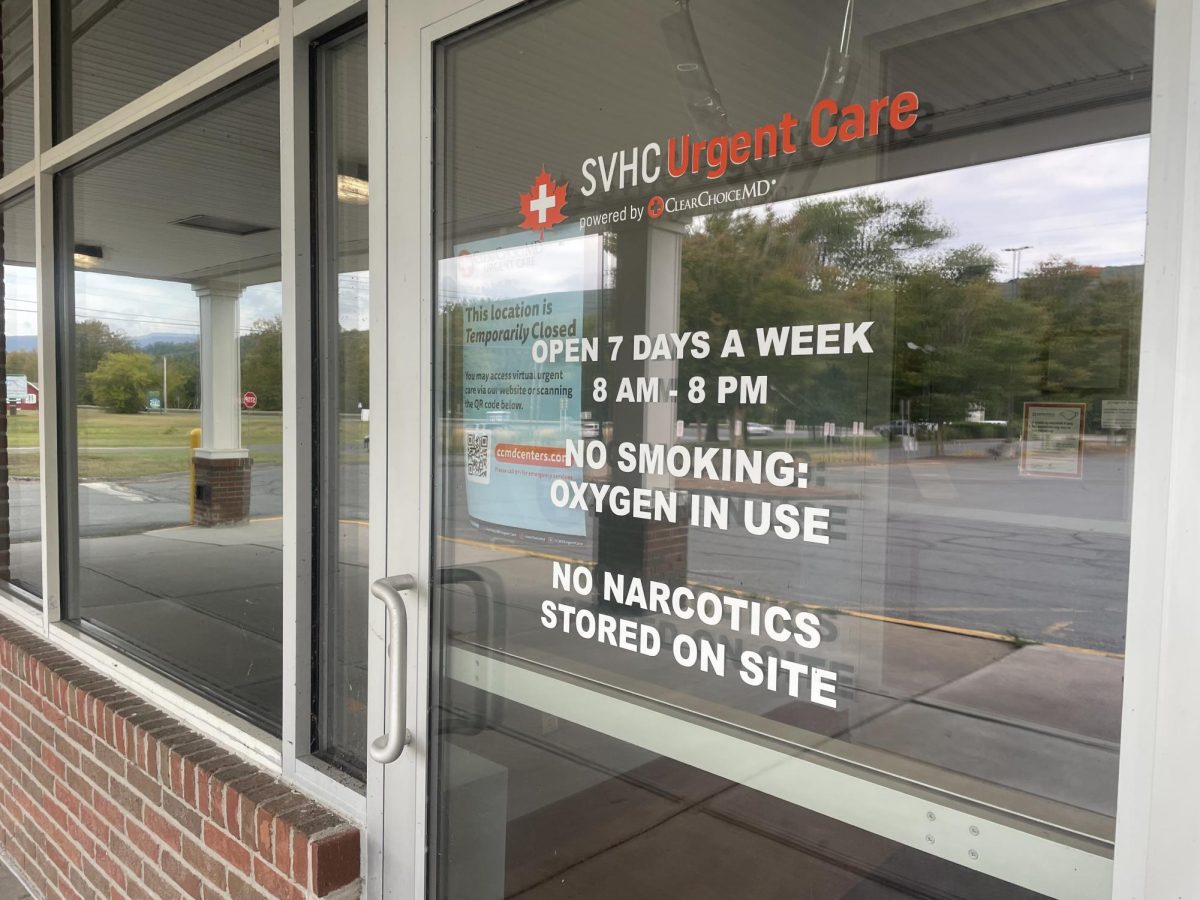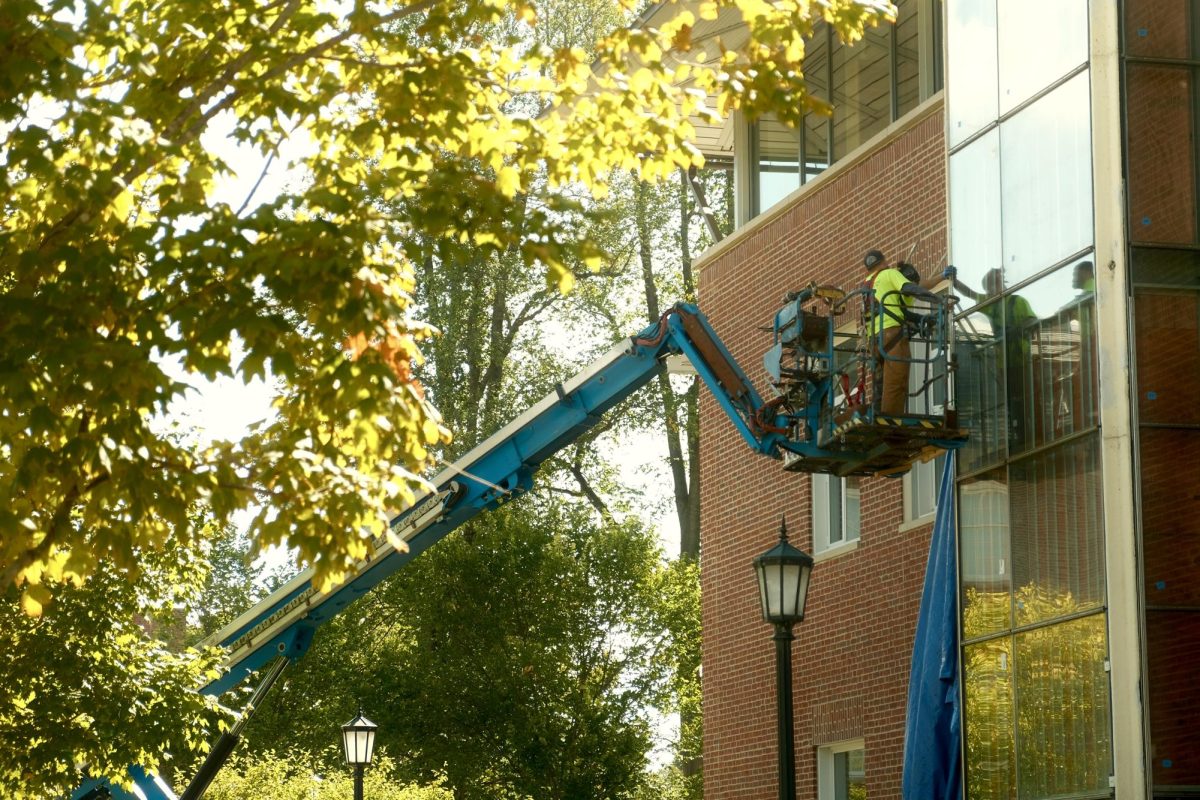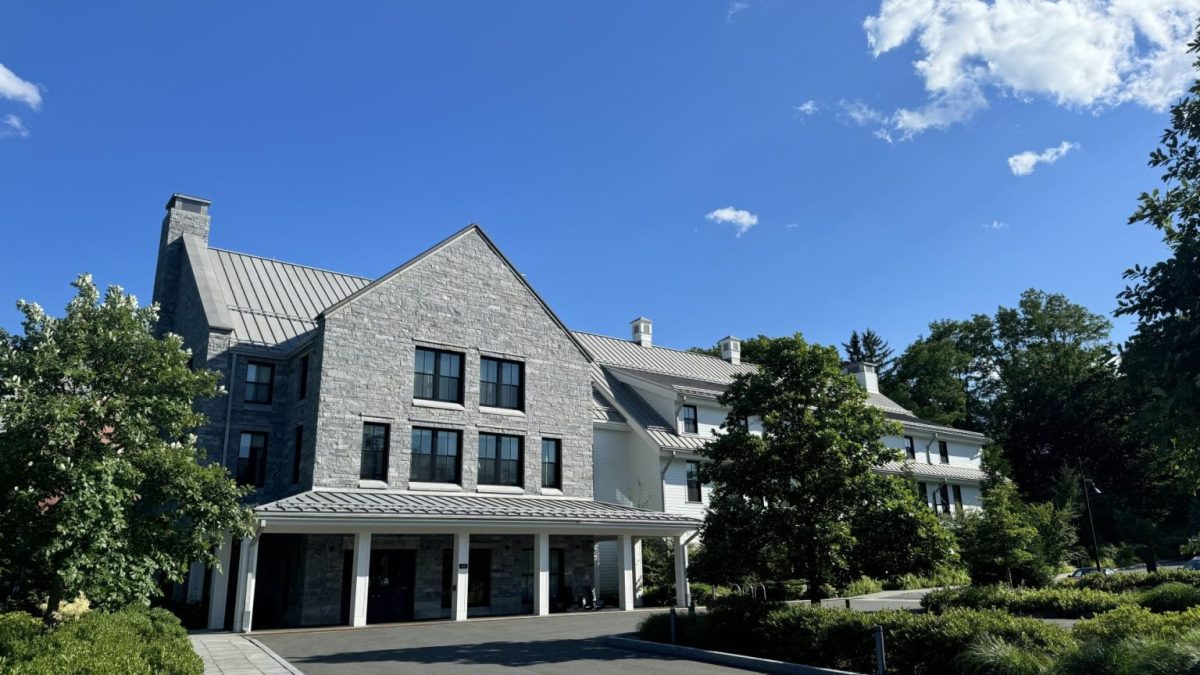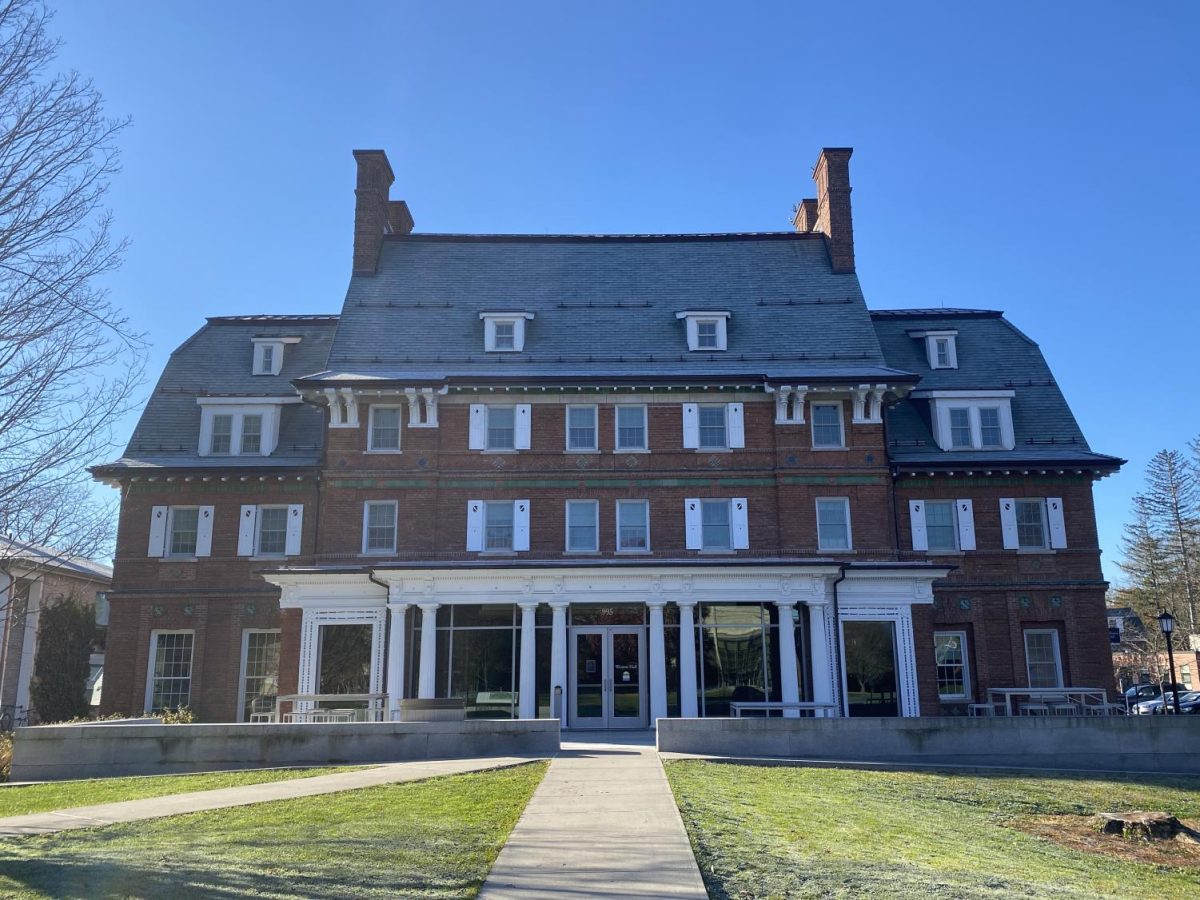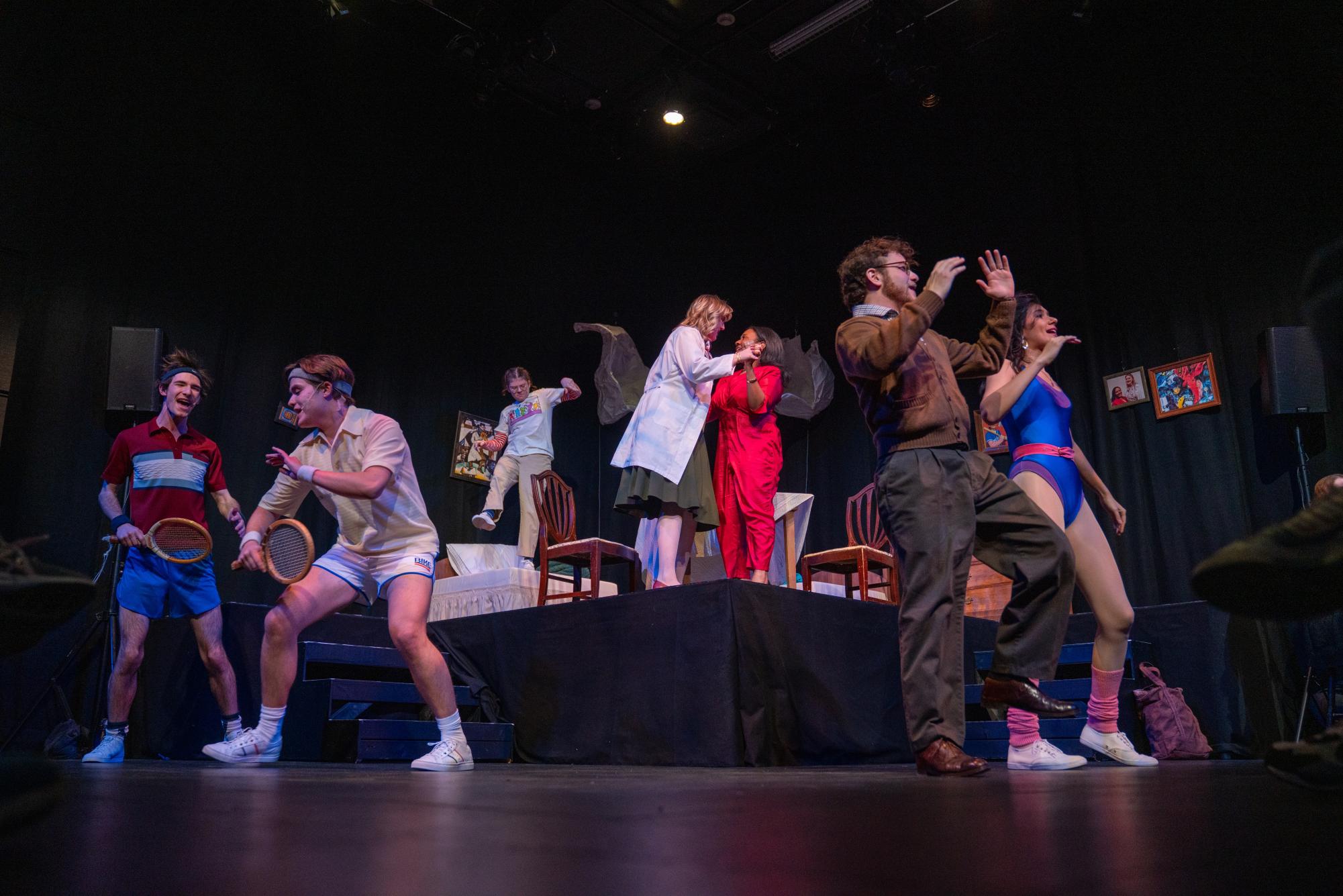
William Finn ’74, a Tony-winning writer for musical theater, died on April 7 at 73. His works, which include the popular musicals Falsettos, A New Brain, and The 25th Annual Putnam County Spelling Bee are renowned for their quirky, frenetic lyricism; warmth; and distinct earnestness.
Finn was born in Boston to Conservative Jewish parents, who sent him to Hebrew school, where he wrote his first play, which was in Hebrew. Having taught himself to play after receiving a guitar for his bar mitzvah, Finn pursued music at the College, studying both guitar and piano and experimenting with songwriting.
He graduated from the College in 1974 with degrees in English and American civilization, winning the Hubbard Hudson Memorial Fellowship for his acheivements in music and theater. Kevin O’Rourke ’78, who taught with Finn at the Williams College Theatre Lab for several summers starting in 2005, remembered Finn’s talent and devotion for theatre. “When I got to Williams in 1974 there was a lot of talk about this guy that just graduated,” O’Rourke said in an interview with the Record. “Everyone said that… he was a brilliant composer and a quirky storyteller. He literally lived in the theatre. He slept in one of the dressing rooms and used the showers and facilities there so he could wake up in the middle of the night and compose on the piano … In short, he was legendary.”
After graduating from the College, Finn spent many years in New York, eventually buying a home on Manhattan’s Upper West Side.
It was in New York that he wrote his Tony-winning musical Falsettos, the combination of the second and third parts of a trilogy (“In Trousers”, “March of the Falsettos”, and “Falsettoland”) that follows the life of a gay, Jewish man in New York during the AIDS epidemic, drawing on his own lived experience to navigate themes of loss, love, and acceptance.
Professor Emeritus of Theatre David Eppel, who was a friend of Finn’s, recalled the centrality of Finn’s background to his creation of compelling theatre. “When I immigrated to the U.S. over 40 years ago, the first experience I had of Bill’s breathtaking insight and genius was a Broadway production I saw of his play, Falsettoland,” Eppel wrote in an email to the Record. “It was the early days of the AIDS plague. I understood then and subsequently with each of his truly unique productions over the decades, that his voice was not only that of an artist, but also of an activist.”
Though many of his works were semi-autobiographical, his 1998 musical A New Brain most directly engaged with his own life experiences, following the journey of a young playwright who develops a life-threatening arteriovenous malformation in his brain. Finn received the same diagnosis in 1992 and survived, following Gamma Knife surgery that eliminated the malformation. For years after, he described having a newfound tranquility — like he was given a “new brain,” he told the New York Times Magazine in 1998.
Following his success as a playwright, Finn became an adjunct assistant professor at New York University’s graduate musical theatre writing program, where he taught from 1999-2019. In that time, he wrote three song suites, including a piece called “Elegies” — which celebrates deceased loved ones — in the wake of the September 11 attacks.
Finn’s work has had an enduring influence at the College. This year, Sari Klainberg ’25 put on a production of Falsettoland for her senior thesis in theatre. “That this generation should so identify with the play and with him, is a testament to just how astonishing Bill Finn was, and always will be,” Eppel said at the thesis.
Finn loved the Berkshires and devoted himself to the local community, eventually making a home in Williamstown. He composed the music and lyrics for Putnam County Spelling Bee with the Barrington Stage Company. The play was first performed at a local middle school in 2004 and went on to run for over a thousand performances on Broadway.
Finn also founded a musical theater lab at Barrington Stage to help young creatives develop and present their work, and also regularly worked with students at the College. “Bill spent time visiting with the Lab students, listening to plays and student work, and sharing his insight and ideas,” O’Rourke said. “Bill had a gruff honesty … and he was sometimes brutally direct with the students, but his commitment to good work and clear and thoughtful storytelling was amazing. The students saw that, they understood that the work could be better, and it made them all hold themselves to a higher standard.”



